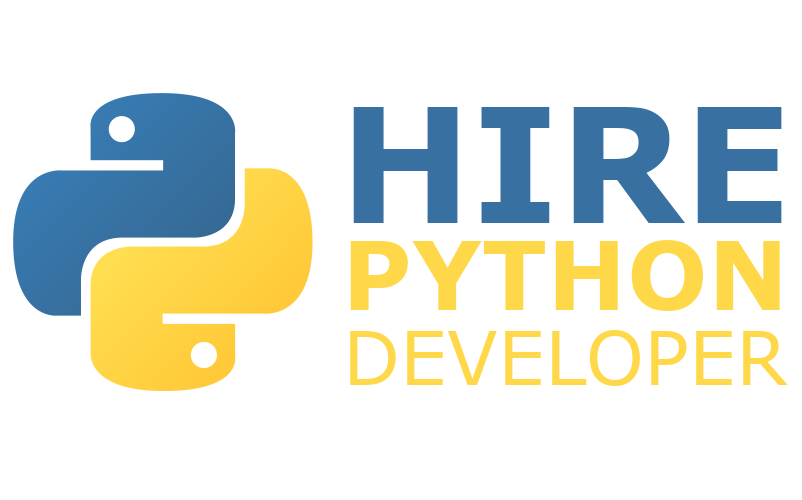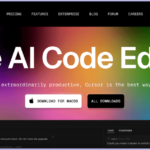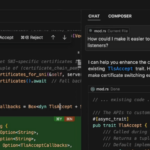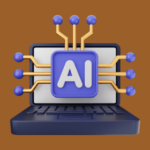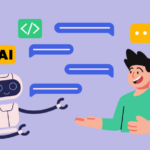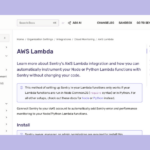
How to Boost Your Career with Python Certifications – an insider’s guide to elevating your coding prowess. Learning Python was my first significant step towards enhancing my career. I embarked on this journey, unaware of how profoundly it would change my professional life.
Beginning: Why Python?
When you’re at the starting line of learning a new programming language, many questions swirl in your mind. I asked myself, “Can Python certification get me a job?” or “Are Python certifications worth it?“.
After conducting thorough research, I discovered that Python, with its clean, easy-to-understand syntax, is one of the most sought-after languages by employers.
As reported by ZipRecruiter, as of January 19, 2023, a mid-tier Python developer in the United States garners approximately $113,006 per year, translating to a hourly wage of about $54.
For those just starting their Python journey, the annual compensation begins at a solid $92,500. Python developers at a more advanced level, on the other hand, can expect compensation up to $131,500 per year, with an hourly rate of $63.
The highest earning Python developers are rewarded with an annual salary of $150,500, marking a $500 uptick from the previous year’s figures.
Key Takeaway: A certification in Python can increase your earning potential.
First Step: Choosing a Certification
There are numerous Python certifications available, such as the Microsoft Python certification, PCEP Python certification, and the Google Python certification. Each one has its unique characteristics and benefits.
The Microsoft certification, for instance, is a well-structured program that covers Python fundamentals and data analysis. However, a Pro tip here would be to assess your career aspirations before choosing a certification. If data analysis isn’t your focus, you might lean towards another certification.
Key Takeaway: Carefully choose a certification that aligns with your career goals.
Second Step: Preparing for the Certification

Getting certified in Python is not an easy task. It requires dedication and a lot of practice. However, don’t let this deter you from your goal. Remember, “practice makes perfect“. Initially, you might struggle with complex concepts, but with time, your skills will improve.
Key Takeaway: Persistence and regular practice are key to mastering Python.
Third Step: Getting Certified
Finally, after months of hard work, I received my Python certification. It was a proud moment, a testament to my dedication and hard work. However, I learned that earning a certification isn’t the end of the journey, but rather a significant milestone.
Key Takeaway: Certification is an important milestone, but learning should never cease.
Fourth Step: Level Up With Specialized Certifications
After achieving the first Python certification, I felt a sense of accomplishment, but I knew that my journey had only just begun. To compete in the rapidly evolving tech landscape, I needed to specialize. I looked at Python certification for data analysis, machine learning, and web development. I decided to pursue data analysis as it aligned with my interest in uncovering insights from complex datasets.
Key Takeaway: Specialized certifications can help you stand out in the job market and open up niche opportunities.
Fifth Step: Getting Hands-On Experience

Even with specialized certifications, theoretical knowledge only gets you so far. To truly understand the intricacies of Python and its application, I needed hands-on experience. I began to work on personal projects, contributed to open-source Python libraries, and even did some freelance work.
Key Takeaway: Hands-on experience is invaluable. It’s here you’ll encounter real-world challenges and learn to solve them using Python.
Sixth Step: Staying Updated With Python Evolution
Python is a dynamic language. Over the years, I’ve seen it evolve, with new libraries and frameworks coming up regularly. As a Python professional, it’s essential to stay updated with these changes. Regularly reading Python blogs, participating in online forums, and attending Python conferences helped me stay on top of these updates.
Key Takeaway: Python’s landscape is always changing. Staying updated is crucial to remain relevant in your career.
Seventh Step: Leveraging Python in Professional Projects
My Python expertise started to shine through in my professional work. I used Python to automate mundane tasks, analyze complex datasets, and even develop internal tools. Over time, I became known as the go-to person for Python-related tasks, which significantly boosted my career.
Key Takeaway: Applying Python in professional projects can help establish your reputation and expertise.
Eighth Step: Mastering the Underlying Principles
After several years of practical Python experience, I started delving deeper into the language’s core principles. Understanding Python’s design philosophy, its core data structures, and the nuances of its object-oriented nature can give you a unique edge. These underlying principles are rarely discussed in conventional courses but are crucial for writing efficient, clean code.
Key Takeaway: Understand Python’s underlying principles for efficient coding. Not everyone goes this extra mile, but it’s well worth it.
Ninth Step: Exploring Python’s Lesser-known Features
Python has several lesser-known features that can significantly improve your code quality. For example, Python’s collections module provides alternatives to built-in data types, which can be more efficient in certain scenarios. These ‘secret’ features aren’t typically covered in traditional Python courses but can make a big difference in real-world projects.
Key Takeaway: Python’s lesser-known features can be your secret weapons. Seek them out and master them.
Tenth Step: Utilizing Python for DevOps
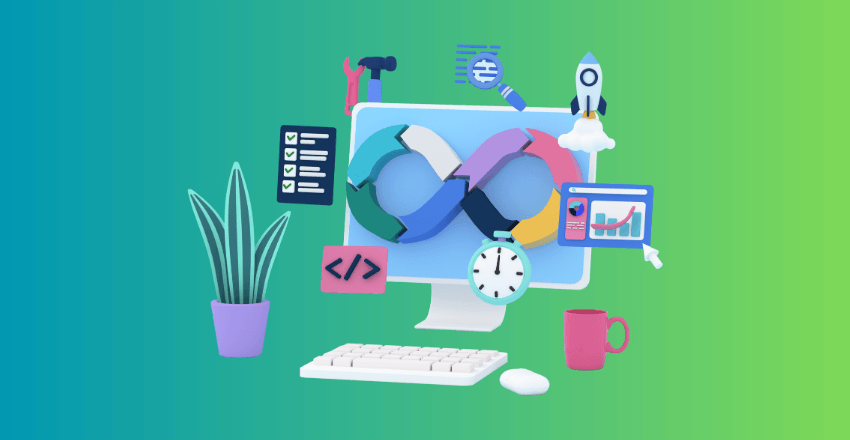
Python is not just for developers. Over my career, I’ve seen Python become an invaluable tool for DevOps, thanks to its scripting capabilities and extensive libraries. Using Python for automating deployment processes and infrastructure management was a game-changer for my team.
Key Takeaway: Python’s uses extend beyond development. Consider its potential in areas like DevOps.
Eleventh Step: Python for AI and Machine Learning
Python’s simplicity and extensive libraries make it the go-to language for AI and Machine Learning. My work allowed me to explore this aspect deeply. Leveraging Python for AI development can lead to exciting opportunities and give you a significant edge in today’s AI-driven world.
Key Takeaway: Python’s role in AI and Machine Learning is immense. Harness this potential to stay ahead in the tech industry.
Twelfth Step: Mentoring Others
After gaining expertise in Python, I found that mentoring others not only solidified my understanding but also expanded my perspective. Teaching Python to newbies and guiding them in their Python journey was an enriching experience.
Key Takeaway: Mentoring others can solidify your own understanding and provide a fresh perspective. Share your knowledge, and you’ll gain even more.
Continuous Learning is Key
In my Python development experience, I’ve realized that learning never stops. New libraries, tools, and best practices keep emerging. The key to staying ahead is a commitment to continuous learning and being open to new experiences.
Key Takeaway: Embrace continuous learning. It’s the secret to long-term success in a Python career.
Post Certification: Advancing Your Career
Once certified, I pondered, “How do I grow my career in Python?“. I realized that to truly boost my career with Python certifications, I needed to apply my newfound knowledge practically. I started working on Python projects, contributing to open-source communities, and networking with other Python enthusiasts.
Key Takeaway: Practical application of skills and networking are crucial for career growth.
Conclusion about: How to Boost Your Career with Python Certifications
Reflecting on my journey, I can affirmatively say that Python certifications are worth it. They not only boost your confidence and skills but also open up a world of opportunities. However, bear in mind, certifications alone won’t land you a dream job. Practical application of skills, continuous learning, and networking play a crucial role as well.
Key Takeaway: Python certifications are beneficial, but they need to be complemented with practical application and continuous learning.
To answer the question, “Which is the best certification for Python?“, there’s no one-size-fits-all answer. It depends on your career aspirations. However, if data science or machine learning is your goal, CEPP – Certified Expert in Python Programming is a great choice.
So, embark on your Python journey. Remember, each step you take brings you closer to your career goals. It’s not an easy path, but it’s definitely worth it!
Matthew is a technical author with a passion for software development and a deep expertise in Python. With over 20 years of experience in the field, he has honed his skills as a software development manager at prominent companies such as eBay, Zappier, and GE Capital, where he led complex software projects to successful completion.
Matthew’s deep fascination with Python began two decades ago, and he has been at the forefront of its development ever since. His experience with the language has allowed him to develop a keen understanding of its inner workings, and he has become an expert at leveraging its unique features to build elegant and efficient software solutions.
Matthew’s academic background is rooted in the esteemed halls of Columbia University, where he pursued a Master’s degree in Computer Science.
As a technical author, Matthew is committed to sharing his knowledge with others and helping to advance the field of computer science. His contributions to the scientific computer science community are invaluable, and his expertise in Python development has made him a sought-after speaker and thought leader in the field.
